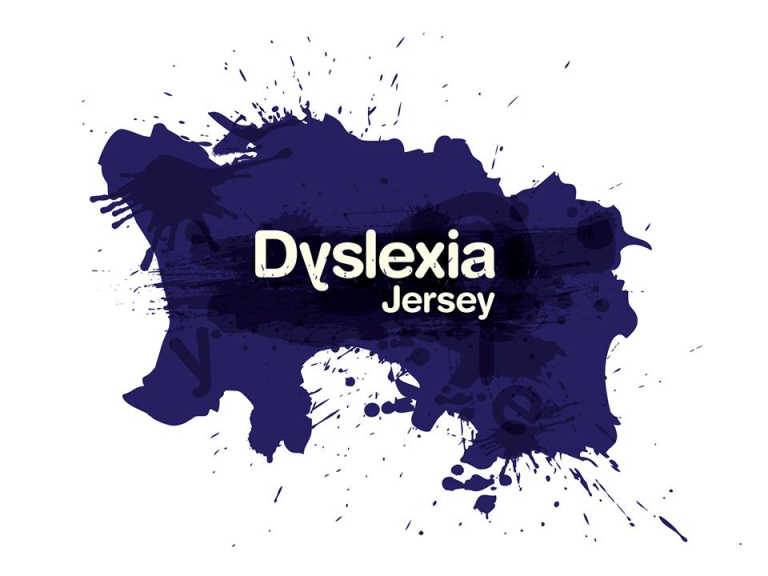
-
PO Box 625
St Helier
Jersey
JE4 5YL
We provide support for concerned families and individuals and/or practical suggestions as to how to help their children or themselves.
We work closely with the Education Department to support developments in teaching individuals with Learning Differences.
Identifying dyslexia:
What is Dyslexia?
The word 'dyslexia' comes from the Greek meaning 'difficulty with words' and is a difference in the way the brain processes language. Dyslexia varies in different people, but can mean difficulties with reading, spelling, writing, organisational skills and short-term memory.
Dyslexia tends to run in families and is NOT related to intelligence or to a person's background. However, along with the difficulties, real strengths can be identified, including problem solving skills and enhanced creativity and with the right support many of the difficulties can be overcome.
Dyslexics do not necessarily display the same profile, though a common thread should be recognisable.
What is a Specific Learning Difficulty?
Dyslexia is one of several specific learning difficulties which come under the umbrella term 'Specific Learning Difficulties' (often referred to as SpLD). It means that the difficulties are specific rather than more general learning difficulties.
How many people are Dyslexic?
It is estimated that at least 10% of the population are affected, with 4% being severely affected.
How soon can it be recognised?
There are signs well before school age which indicate that a child may be dyslexic. These include:
- Delay or difficulty in the development of clear speech and/or persistent tendency to jumble words and phrases.
- Persistent difficulty with tasks such as dressing efficiently, doing up buttons, tying shoelaces etc.
- Unusual clumsiness and difficulty with co-ordinated activities such as hopping, skipping and catching or kicking balls.
- Poor concentration, such as difficulty concentrating on stories read to them.
- Numerical difficulties including the ability to count in a series, to match and to sort.
- Family history of similar difficulties.
N.B. Not all dyslexic children show all of these signs, and many very young children make similar mistakes. Dyslexia is indicated where the difficulties are severe and persistent, or where there is a cluster of such difficulties in mild form.
Further information is available at:
-
PO Box 625
St Helier
Jersey
JE4 5YL - 01534 509896
- 07797 734028
- Email us now
- Visit our website


The Jersey Dyslexia Association has provided my family with invaluable help and resources, the lady we spoke to on the phone was extremely helpful and pointed us in the right …

